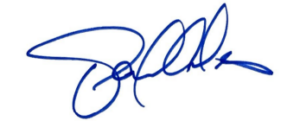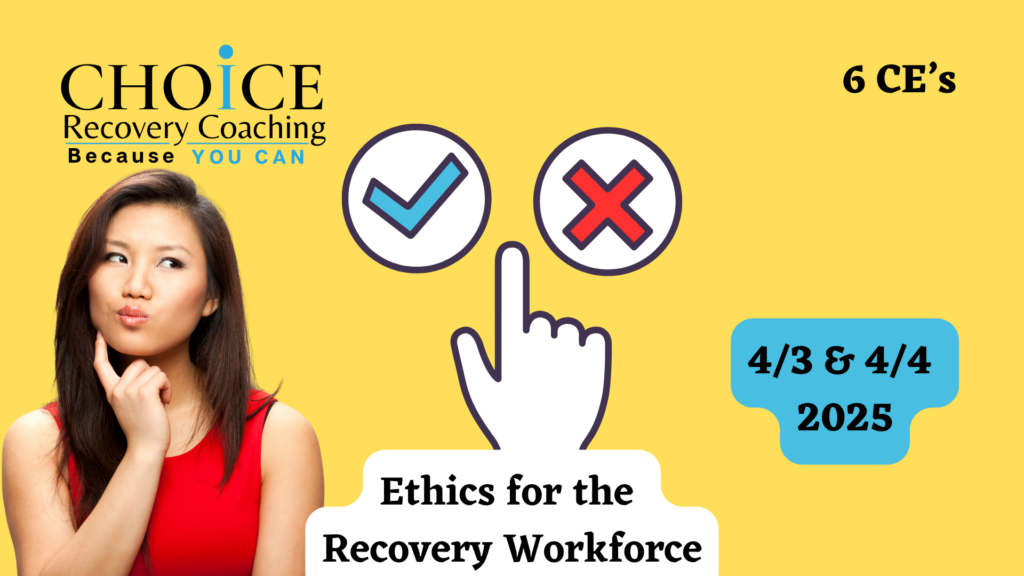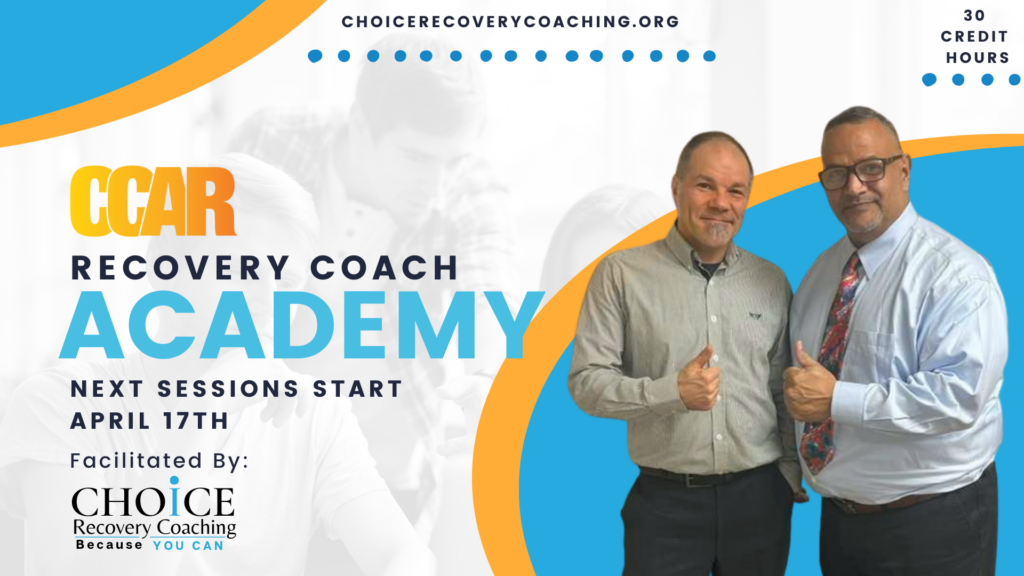In the early years, my education started off a little rough. In first grade, I had a nun for a teacher who was, let’s just say, not so kind. Early in the year she gave us an assignment that we had to copy what was on the bulletin board into our notebooks. This was not super exciting for me and after just a couple of minutes, I closed my notebook and folded my hands. Looking around me, everyone was still writing and then Sister Carmela asked me if I was finished with my assignment. I said “Yes, Sister Carmela I am.” She asked me to see it. I was instantly incapacitated as the fear of God set in. I thought my heart was going to jump out of my chest as it instantaneously began beating harder and faster.
She then asked me to come up to her desk and show her once again in slow motion. I stood up and closed my notebook as I walked to the front of the class – my heart was still pounding in my chest as I put the notebook on her desk. Sister Carmela asked me to open my notebook to the page and slowly, I went page by page until it was there. The first sentence and a half followed by an array of tic-tac-toe boards on the page. I was majorly busted and then went on to learn some new vocabulary as she said out loud in front of the class, “Paul, you fibbed!” As if the humiliation wasn’t enough, she continued, “You have to stay after school and call your mother to come and get you.” My mom worked in a factory making coats until 6 PM. This had multiple implications as it affected the sitter who would pick me up from school along with a crew of other kids, my mom at her job, and then my having to face my father when he got home. At that time, the fear of God would have been preferable.
This was one of my first big lessons in ethics as I quickly learned that you must follow through with what you say you’re going to do and especially at that age, do what you’re told.
Fast-forward 45 years and ethics are more important than ever! The Peer Recovery Workforce has been growing since mental health peers were first introduced in the early 1990’s and Recovery Coaches in the later 2000’s.These roles have gone from being volunteers, to being eligible for billing by MassHealth, and being integrated across multiple systems internationally.
In the Commonwealth of Massachusetts, Recovery Coaching is now becoming an official licensure. At the same time, federal agencies are cutting budgets significantly which include programs that affect people with mental health and substance use challenges.
In our current reality, funding is being seriously cut at the federal level. This affects state funding and then on down to service agencies, providers, and the millions of people seeking vital services.
Now more than ever, it is crucial to maintain the integrity and fidelity of the important work we do. Helping other professionals understand our roles is critical in the creation of people-centered care.
Working together and building our interpersonal relationships reinforces the foundations of support for individuals and creates community capital for everyone else. These crucial, communal relationships facilitate empowerment of individuals seeking support who then have an easier time with self-efficacy. This leads to a greater intra-personal relationship. An important relationship that fosters meaning and develops individual purpose.
In a time when we’re experiencing great divisiveness in our society, keeping ethics front and center will continue to diminish stigma and combat discrimination regardless of what’s going on globally.






